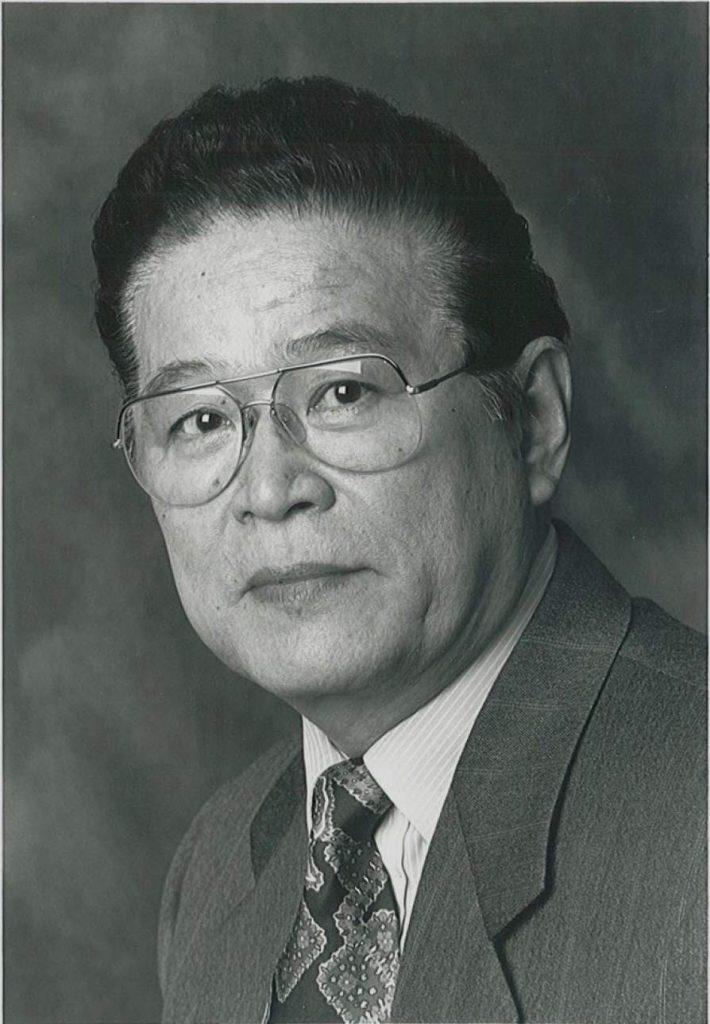a. Departments should ensure that this policy is available to staff and students who are organizing events in a permanent format (e.g., intranet, handbooks) and that they are aware of it.
i. Provide in the call for papers/conference announcement information such as what kinds of accommodations you will be able to provide in order to enable and encourage scholars to attend.
c. Carefully select the order in which you call on questioners. Keep in mind that beginning the Q&A session with a member of an underrepresented group often leads to a more inclusive discussion.

Good Practice Policy: Conferences and Events
e. Do not allow questioners follow up questions if others have not been given a chance to speak or limit to one follow up.
b. Allow students to opt out of divulging personal information they prefer not to share.
a. Ensure that everyone has an opportunity to participate in class.
2. Departments should ensure that those involved in teaching know about the workings of implicit bias. Information about and discussion of implicit bias should be included in any training or induction sessions run by the department for staff, including teaching assistants.
m. Offer free registration rate for a companion assisting an attendee with a disability and abide by all other ADA policies.
g. Make available to students resources that can enable them to have effective electronic interviews. (e.g., rooms for interviewing with high speed internet connection)
3. Make the aims of each class clear at the outset. Set the tone for a collaborative, creative and inclusive class.
n. When possible, have a quiet room for rest. This is important for a range of disabilities and for participants who have medical needs or are breastfeeding etc.
4. Whenever possible, get students to introduce themselves. Try to remember their names (with correct pronunciation) and preferred pronouns and expect their classmates to do the same.
d. Where possible, consult the members of underrepresented groups on your list before fixing the date of the conference, to ensure that speakers are not just invited but will actually attend.
h. Ensure that the venue of the conference is accessible and that there is staff to assist people with disabilities.
1. Aim to increase the diversity of authors included in syllabi. Consult resources but also colleagues and the students themselves for suggestions.
o. Investigate whether the provision of childcare facilities for the duration of the conference is possible.
b. Actively encourage students to talk about these issues and try to find effective ways to address them.

a. Meet early and often with students.
i. Ensure that speakers and attendees know whom to contact to address any questions or needs that may arise.
7. Encourage students to address each other thus fostering politeness and collaboration in class.
a. Keep questions short. If you want further clarification or wish to expand on your point you may do so with the speaker in private after the talk or over email.
d. Quickly address language that is insensitive, dismissive, aggressive or rude
c. Make sure that students are respectful and courteous.
9. Ensure that all aspects of the class are accessible to everyone – for instance, that classrooms are big enough and accessible by wheelchair, that there are captions in videos, that extra time and private rooms are available for students that need them during exams.
i. Prove financial support to students who need resources to lessen the financial burden of the job market (traveling, dossier services, child care etc.)
h. Encourage students to become members of professional societies and consider making funds available to help subsidize such memberships.
i. Many universities have day care facilities on or near campus, which may be able to offer a day rate for conference delegates.
1. When chairing a session ensure that the discussion is welcoming and inclusive.
iii. Ensure that they are made to feel at ease to ask questions about accommodations.
ii. Whenever possible, do not require participants to disclose their needs as that can make them feel that they are a burden on the conference organizers.
a. Ensure that nobody contributes without permission and that no member of the audience interrupts others, is aggressive or rude, or takes up too much time of the discussion
The first in the series, published on Monday, concerned practices regarding sexual harassment, caregivers, and staff-student relationships.
b. Allow for a break between talks and Q&A sessions in order for participants to gather their thoughts and/or to have time to attend to their different needs.
d. Do not dominate the discussion—ask only one question per question and make that question as short and concise as possible.
k. Be aware of implicit biases when thinking of who to invite.
l. When possible, offer funding to members of underrepresented groups and those with specialized needs. Underrepresented groups may well be at lower-prestige institutions and/or in lower-ranked jobs. They may therefore have less access to institutional funding. If you cannot fund all speakers, ask bigger-name speakers whether they can fund their own travel (they can always say no), freeing up resources for less well-known speakers.
6. Seek participation from everyone and encourage those who are more hesitant. Give everyone a chance to talk.
c. Make sure no one dominates class discussions.
8. Ensure that students are informed about available services for students (e.g., counseling, disabilities, studying support).
iv. Be mindful of who is and who isn’t asked to care for children (see Implicit Bias).
c. When drawing up a list of potential invited speakers, take reasonable steps to ensure that sufficient representation (see also Implicit Bias).
Good Practice Policy: Teaching
The aim of these practices is to make teaching effective and inclusive. With this aim in mind the following guidelines focus on classroom dynamics and management in order to foster a sense of community in the classroom conducive to learning and critical and creative thinking in the class. Consider suggesting some or all of the following.
d. Encourage the participation of those who are more reluctant to speak (e.g., graduate students, or people sitting in the back)
c. Make sure that everyone is aware of protocols and responsibilities for reporting problems in these areas.
ii. For larger conferences, if campus facilities are not available consider hosting the conference at a hotel that offers childcare and babysitting services.
e. Create an environment in which students can discuss their experiences and identities without being treated as though those experiences and identities define them.
e. Encourage questions of clarification.
b. Ensure that students understand how to participate in class discussion.
5. Treat students as individuals and not as representatives of a category, e.g., “LGBTQ”, “African.” Do not assume that the person’s place of origin, for example, makes them an expert on that particular place.
f. Maintain a collection of job search materials that is accessible to all graduate students.
f. Jokes, thought experiments and examples should resonate with the whole class and not only a subgroup within the class. If that is not possible, explain them to everyone.
a. Encourage students to listen carefully to their interlocutor.
e. Actively support students during their job search.
This is the second of several posts soliciting comments on a draft “Good Practices Guide” for advancing diversity in philosophy.
ii. Consider invitations to junior and less well-established philosophers from underrepresented groups to avoid holding these philosophers to higher standards (e.g., women must be famous, but not so men). See the Up Directory for possibilities.
iii. Consider setting aside funding to subsidize the use of childcare facilities by delegates.
i. Chances are that the first people that come to mind will be people without historical disadvantage.
2. As a member of the audience, be respectful of the speaker and the other people in the room.
11. In graduate student placement, make every effort to familiarize your placement officer with issues that candidates from underrepresented groups or with disabilities face.
3. Organizers should make every reasonable effort to make the conference as inclusive as possible.
h. Consider how implicit bias may affect your interaction with students and try to be as just and equitable as possible – this includes time given to the students to talk in class but also the distribution of negative and positive feedback.
This post includes the sections on conferences (and other events) and teaching. As before, suggestions, criticisms, and comments are welcome.
g. Signal willingness to accommodate scholars with disabilities or other particularized needs.
j. Ensure there are sufficient breaks within the day, and stick to the announced schedule for these breaks.
d. Consider creating a team of placement mentors covering a range of sub-disciplines.
e. Be mindful of your body language and what it signals.
a. Consider having students fill in questionnaires about pronouns, disabilities and questionnaires to make the process easier for students.
f. Where possible try to include local scholars.
g. Try a variety of teaching techniques and classroom activities to stimulate class discussion and to encourage student participation in ways they are more comfortable with (e.g., some students struggle with speaking in front of the entire class but do well in small groups).
10. Encourage feedback on the class and involve students in suggesting ways to improve it.
d. If a student is more advanced, ensure to give other participants the background knowledge required to understand the discussion.
p. Encourage speakers to make their material accessible to all participants and make sure you know how to operate equipment in order to help speakers.
q. If there is food served, make sure to collect information about any relevant dietary restrictions of conference participants.
b. Try to ask constructive questions that will help the presenter. Set a respectful tone by thanking the presenter and acknowledge points made by previous questioners.
b. Encourage students to help each other in class to develop ideas, contribute their knowledge and so on.
c. Try to read the room to assess whether your question will benefit the discussion.
b. Departments should, on a regular (e.g., annual) basis, monitor the proportions of members of under-represented groups at conferences and seminar series organized by colleagues within the department, and, if significant imbalance emerges, take steps to strengthen their policies.
e. Organizers should ensure that members of all groups are treated equally as speakers on publicity material and the conference program (e.g., to avoid the situation where a male speaker is described as ‘Professor in philosophy at …’ but a female speaker, also a Professor, is described as ‘teaches philosophy at …’; or where the male speaker’s title (Dr, Prof.) is included by the female speaker’s isn’t).





